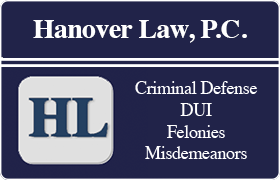Woodbridge White Collar Crime Lawyer, Virginia, page 2
Sponsored Law Firm
-
 x
x

Click For More Info:
-
Hanover Law, P.C.
888 16th St NW Suite 800 | Washington, DC 20006 » view mapCriminal Defense, DUI, Felony, Misdemeanor Receive a Response Within 24 Hours
If you need a lawyer, give us a call- your first phone consultation will be free. We want to ensure that everyone can afford a good attorney.
800-949-9630  Sean Hanover Washington, DC
Sean Hanover Washington, DCAttorney At Law - DC, 2011
David A. Clarke School of Law - 2008
 Testimonials
TestimonialsAt Hanover Law, we strive to be attentive and responsive to our clients.
Bradley Flynn Hayes
Intellectual Property, White Collar Crime, Constitutional Law, Car Accident
Status: In Good Standing Licensed: 19 Years


 Sean Hanover Washington, DC
Sean Hanover Washington, DC Testimonials
Testimonials
